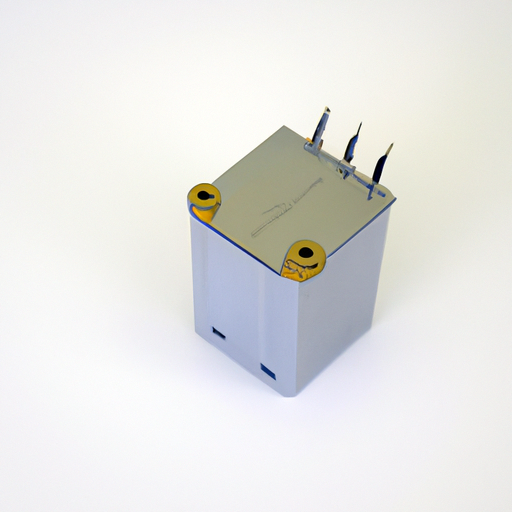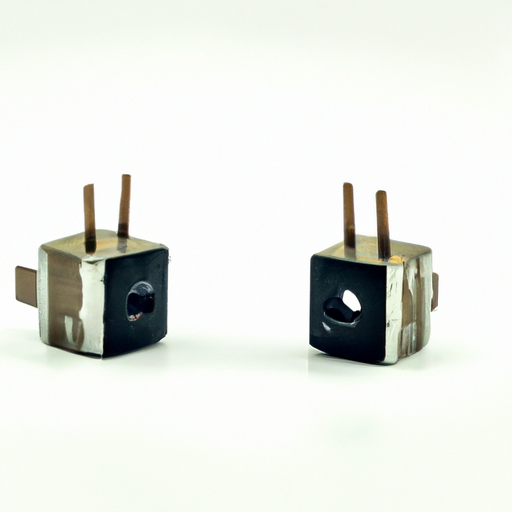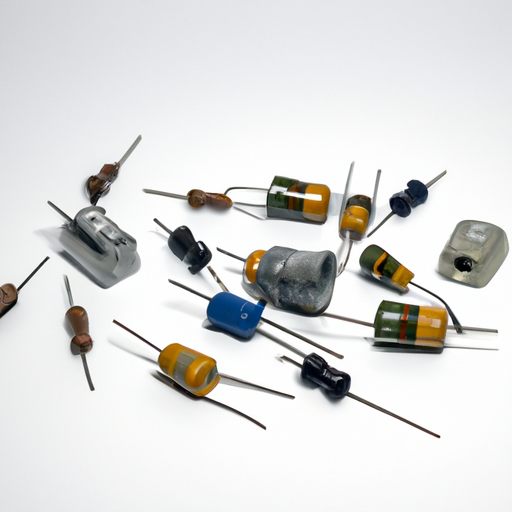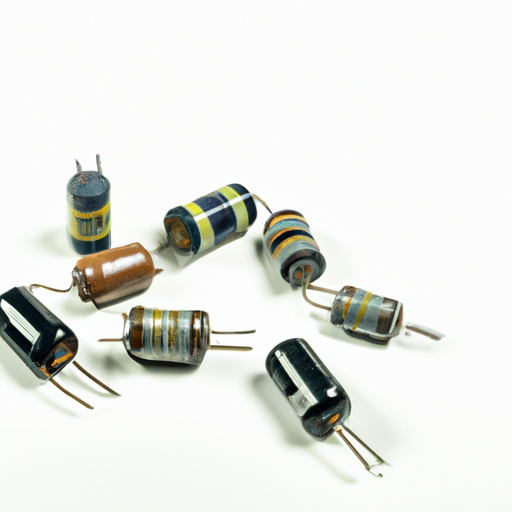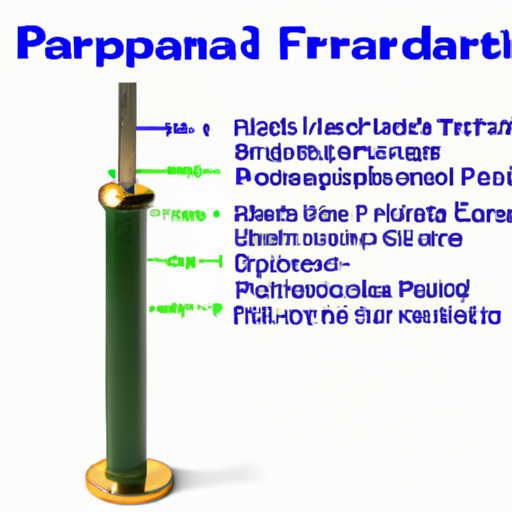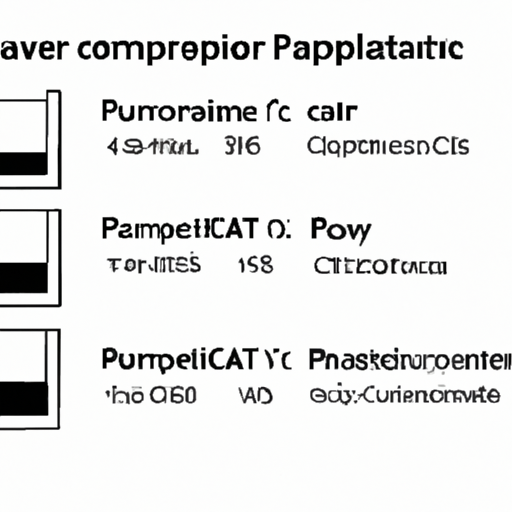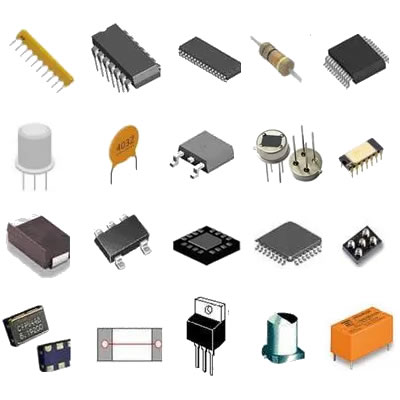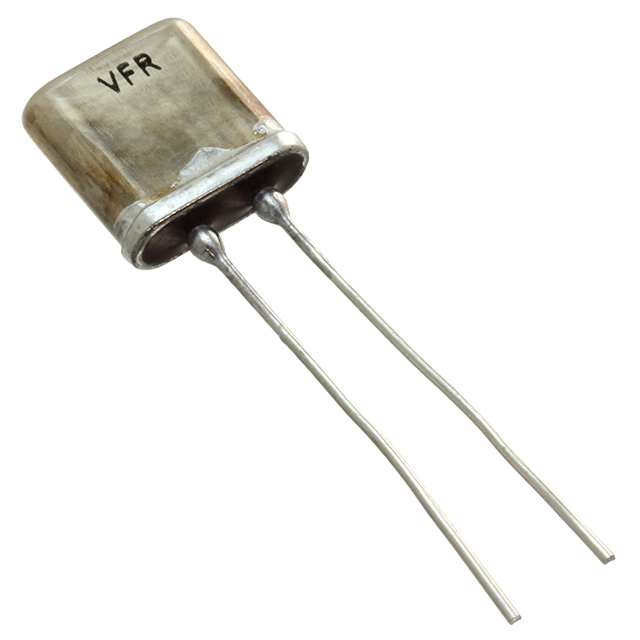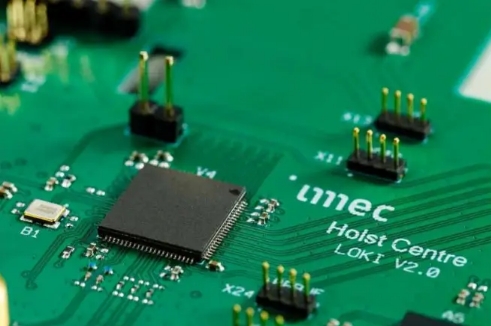What are the mainstream models of air conditioning capacitors?
What are the Mainstream Models of Air Conditioning Capacitors?
I. Introduction
Air conditioning systems are essential for maintaining comfortable indoor environments, especially in regions with extreme temperatures. A critical component of these systems is the capacitor, which plays a vital role in their operation. In this article, we will explore the various types of air conditioning capacitors, their functions, and the mainstream models available in the market today. By the end, you will have a clearer understanding of how to choose the right capacitor for your air conditioning system.
II. Understanding Capacitors in Air Conditioning
A. Basic Principles of Capacitors
Capacitors are electrical components that store and release energy. They consist of two conductive plates separated by an insulating material, known as a dielectric. When voltage is applied, the capacitor charges, storing energy in the electric field between the plates. When the voltage is removed, the capacitor can discharge this stored energy, providing a boost to electrical circuits.
B. Role of Capacitors in HVAC Systems
In HVAC systems, capacitors serve two primary functions: starting and running.
1. **Starting Capacitors**: These capacitors provide the initial surge of energy needed to start the compressor or fan motor. They are typically used in single-phase motors and are designed to discharge quickly.
2. **Running Capacitors**: Once the motor is running, running capacitors maintain the electrical charge necessary for the motor to operate efficiently. They help improve the motor's performance and energy efficiency.
Capacitors are crucial for the overall performance of air conditioning systems, as they enhance energy efficiency and ensure smooth operation.
III. Types of Air Conditioning Capacitors
A. Starting Capacitors
Starting capacitors are designed to provide a short burst of energy to start the motor. They are typically used in air conditioning units with single-phase motors.
Common Applications: Starting capacitors are commonly found in window air conditioners, small split systems, and some central air conditioning units.
Key Characteristics: These capacitors usually have a higher capacitance value (measured in microfarads, or µF) and are rated for short-term use, often with a voltage rating of 250V or higher.
B. Running Capacitors
Running capacitors are used to maintain the electrical charge necessary for the motor to run efficiently.
Differences from Starting Capacitors: Unlike starting capacitors, running capacitors are designed for continuous operation and have a lower capacitance value.
Common Applications: Running capacitors are found in most air conditioning systems, including central air conditioning units and heat pumps.
Key Characteristics: They typically have a capacitance range of 1-100 µF and are rated for continuous use, often with a voltage rating of 370V or 440V.
C. Dual Run Capacitors
Dual run capacitors combine the functions of both starting and running capacitors into a single unit.
Advantages: They simplify installation and reduce the number of components needed in the system. This can lead to cost savings and improved reliability.
Common Applications: Dual run capacitors are widely used in residential and commercial air conditioning systems.
Key Characteristics: These capacitors have two terminals for the fan and compressor, with capacitance values typically ranging from 5-70 µF.
IV. Mainstream Models of Air Conditioning Capacitors
A. Overview of Popular Brands and Models
When it comes to air conditioning capacitors, several brands have established a reputation for reliability and performance. Some of the most recognized brands include:
MARS: Known for its high-quality capacitors, MARS offers a range of starting, running, and dual run capacitors.
Supco: This brand is popular for its durable and efficient capacitors, catering to both residential and commercial applications.
Genteq: Genteq capacitors are known for their reliability and are often used in OEM applications.
B. Detailed Examination of Specific Models
1. **Model A: MARS 12700**
- **Specifications**: 35/5 µF, 370V
- **Features**: Dual run capacitor with a durable design, suitable for both fan and compressor applications.
- **Applications**: Commonly used in residential air conditioning systems.
2. **Model B: Supco CAP150**
- **Specifications**: 50 µF, 370V
- **Features**: High-quality running capacitor designed for continuous operation.
- **Applications**: Ideal for central air conditioning units and heat pumps.
3. **Model C: Genteq 97F9830**
- **Specifications**: 35/5 µF, 440V
- **Features**: Dual run capacitor with a compact design and high reliability.
- **Applications**: Suitable for a wide range of HVAC systems.
4. **Model D: MARS 12680**
- **Specifications**: 25 µF, 370V
- **Features**: Starting capacitor designed for quick discharge and high performance.
- **Applications**: Used in various air conditioning units requiring a starting boost.
C. Comparison of Models
When comparing these models, consider the following factors:
1. **Performance Metrics**: Look for capacitors with high capacitance values and voltage ratings that match your system's requirements.
2. **Cost-Effectiveness**: Evaluate the price relative to the features and reliability of the capacitor.
3. **User Reviews and Feedback**: Research customer reviews to gauge the performance and longevity of the capacitors.
V. Factors to Consider When Choosing Air Conditioning Capacitors
When selecting an air conditioning capacitor, consider the following factors:
A. Compatibility with Existing Systems
Ensure that the capacitor you choose is compatible with your air conditioning system's specifications. Check the existing capacitor's capacitance and voltage ratings.
B. Voltage and Capacitance Ratings
Select a capacitor with the appropriate voltage and capacitance ratings to ensure optimal performance and prevent damage to your system.
C. Environmental Considerations
Consider the operating environment of your air conditioning system. Capacitors may be affected by temperature and humidity, so choose models designed for your specific conditions.
D. Manufacturer Warranties and Support
Look for capacitors that come with warranties and reliable customer support. This can provide peace of mind and assistance in case of any issues.
VI. Maintenance and Troubleshooting of Air Conditioning Capacitors
A. Signs of Capacitor Failure
Common signs of capacitor failure include:
- Humming or buzzing noises from the unit
- Inconsistent cooling or heating
- Frequent tripping of circuit breakers
B. Maintenance Tips for Longevity
To extend the life of your capacitors:
- Regularly inspect and clean the capacitor terminals.
- Ensure proper ventilation around the capacitor to prevent overheating.
- Replace capacitors that show signs of wear or damage.
C. Troubleshooting Common Issues
If you suspect a capacitor issue, check for loose connections, inspect for physical damage, and test the capacitor with a multimeter.
D. When to Seek Professional Help
If you are unsure about diagnosing or replacing a capacitor, it is best to consult a professional HVAC technician. They can provide expert advice and ensure safe handling of electrical components.
VII. Conclusion
Capacitors are essential components of air conditioning systems, playing a crucial role in their efficiency and performance. Understanding the different types of capacitors, their functions, and the mainstream models available can help you make informed decisions when selecting the right capacitor for your system. By considering compatibility, specifications, and maintenance, you can ensure that your air conditioning system operates smoothly and efficiently.
VIII. References
- HVAC Capacitor Basics: Understanding the Role of Capacitors in Air Conditioning Systems
- Manufacturer Specifications and Guidelines for Air Conditioning Capacitors
- User Reviews and Feedback on Popular Air Conditioning Capacitor Models
By following this guide, you can navigate the world of air conditioning capacitors with confidence, ensuring that your system remains in optimal condition for years to come.

